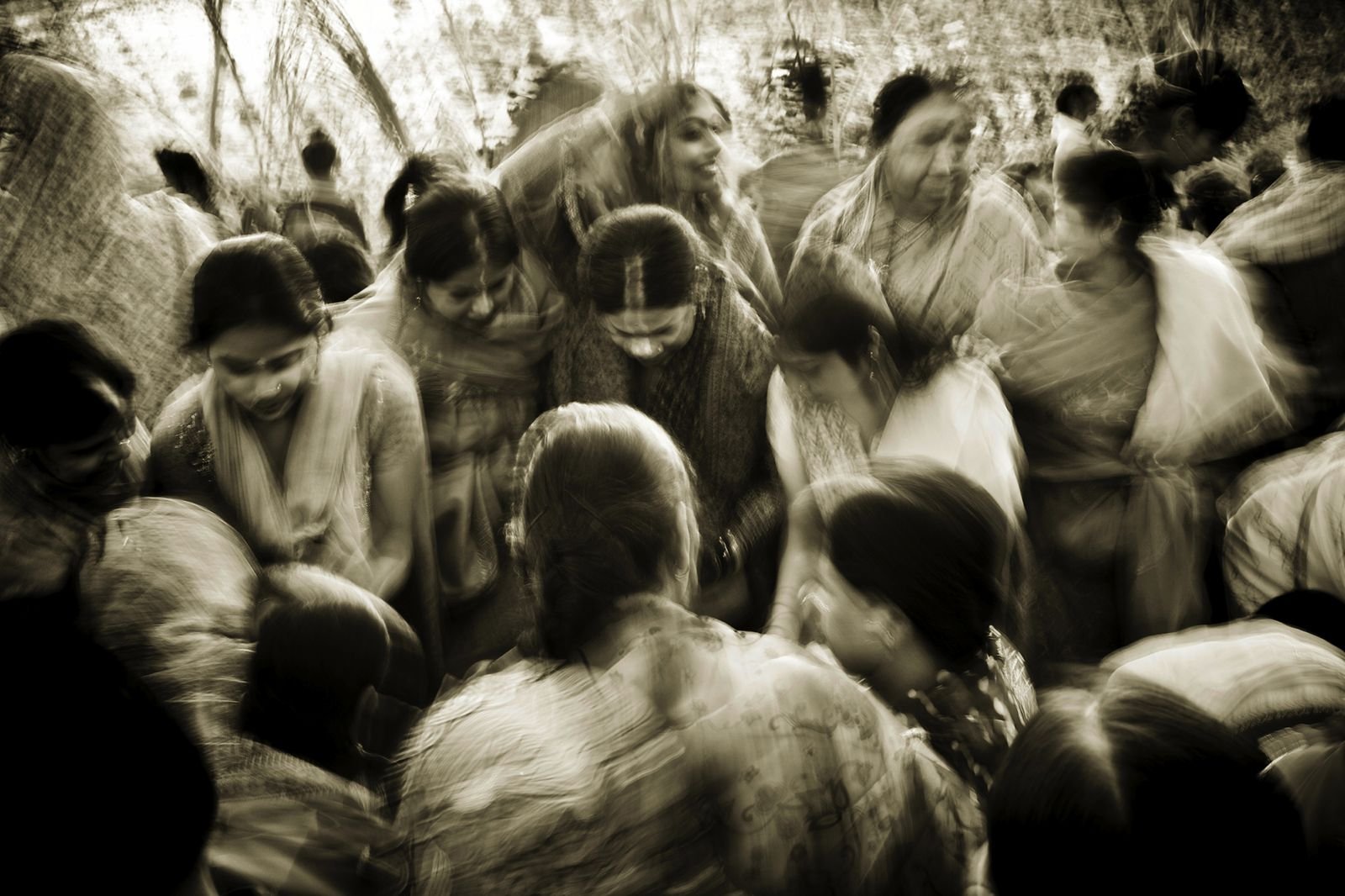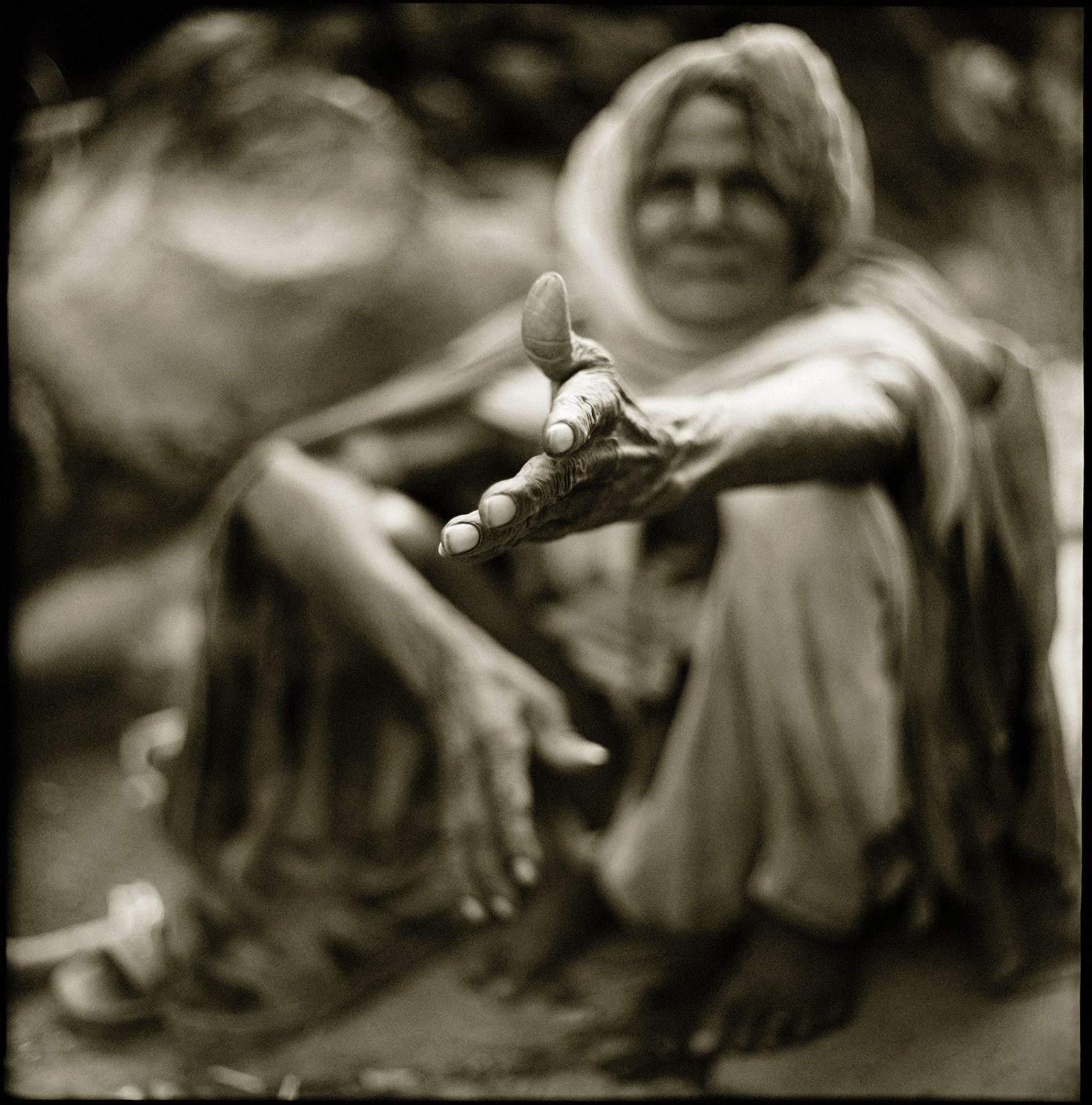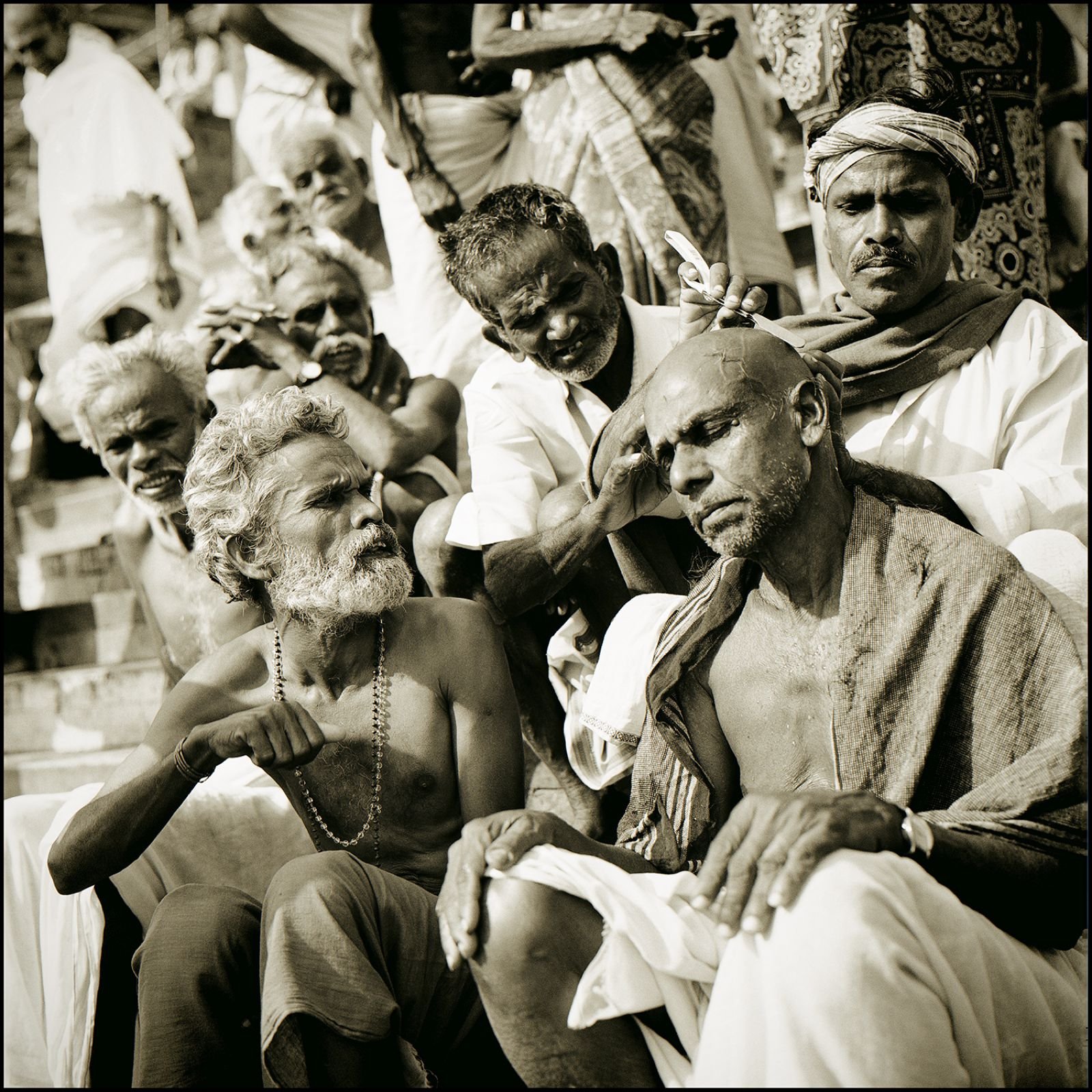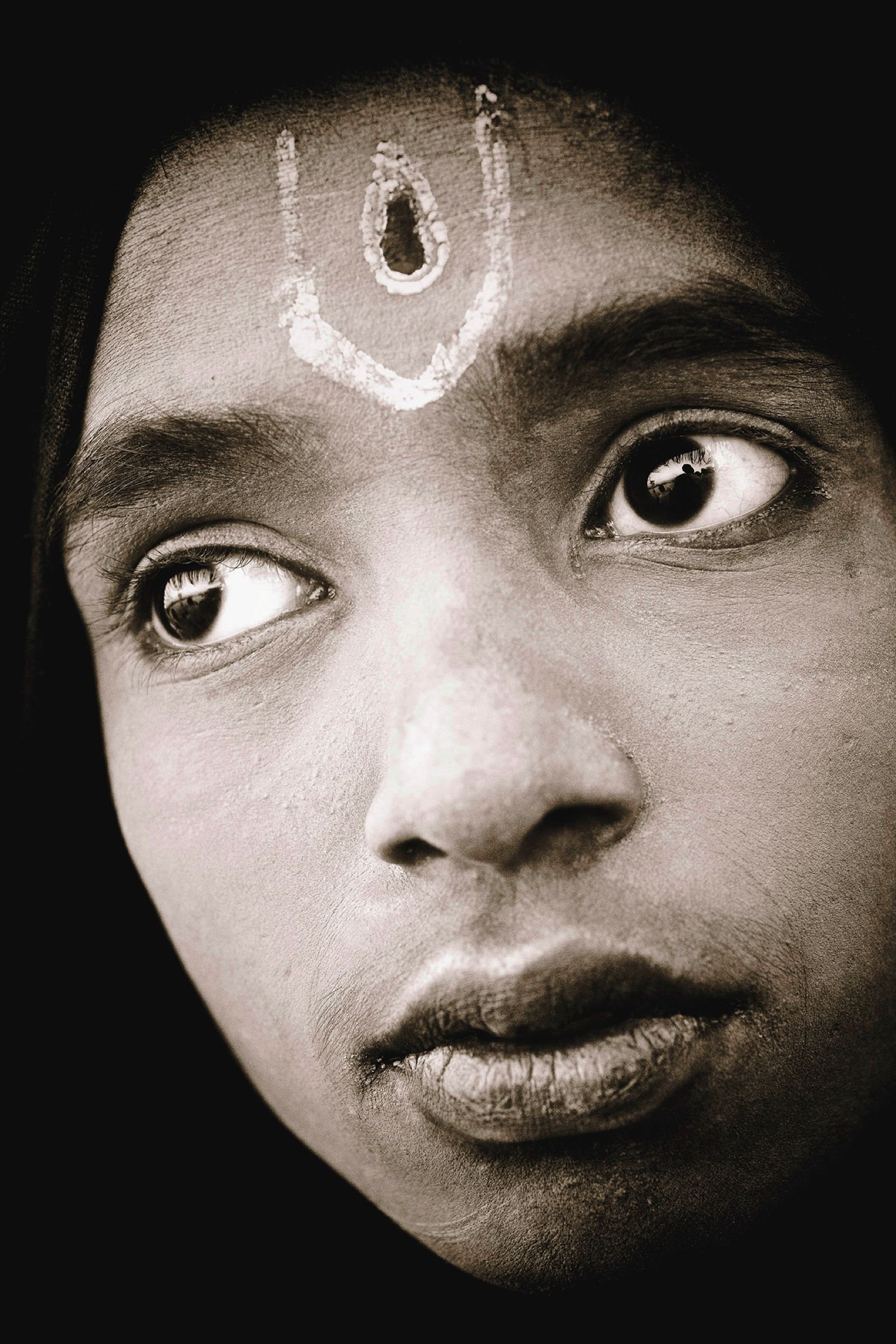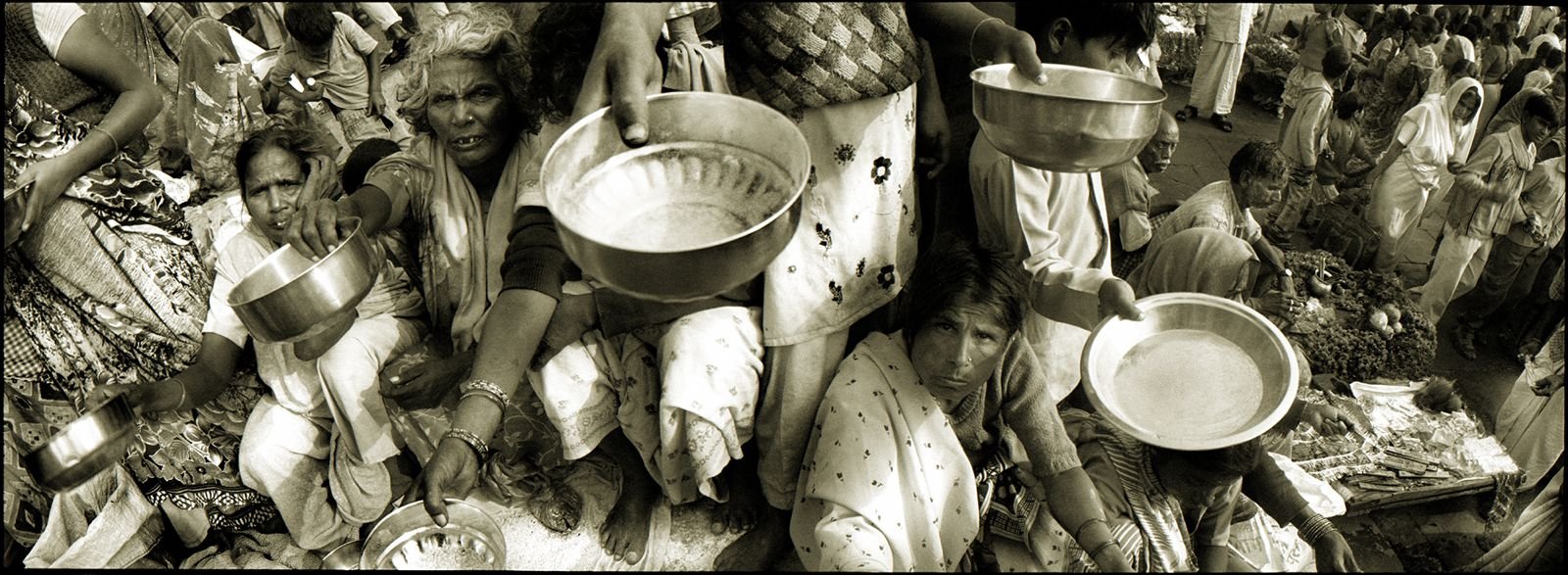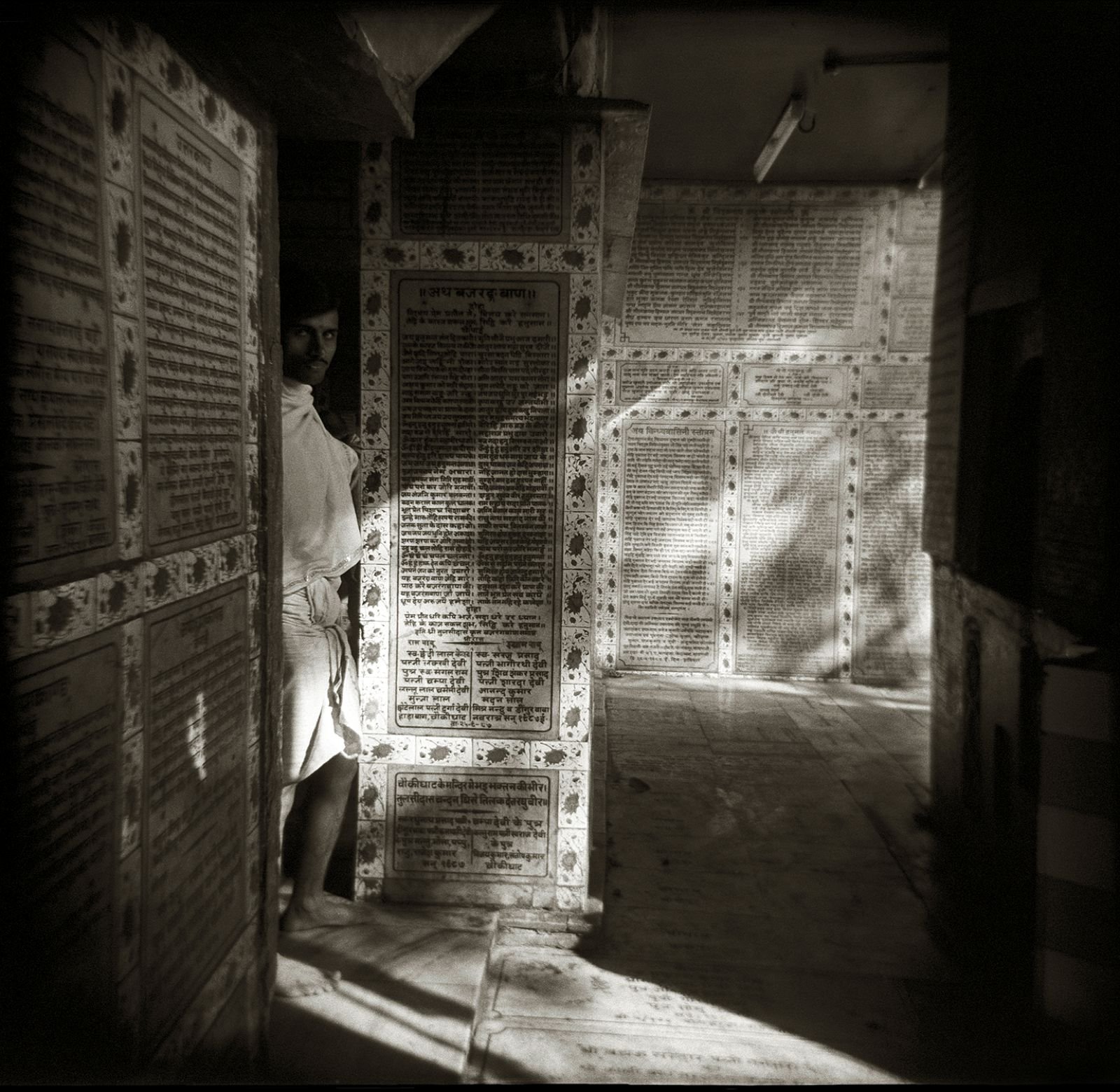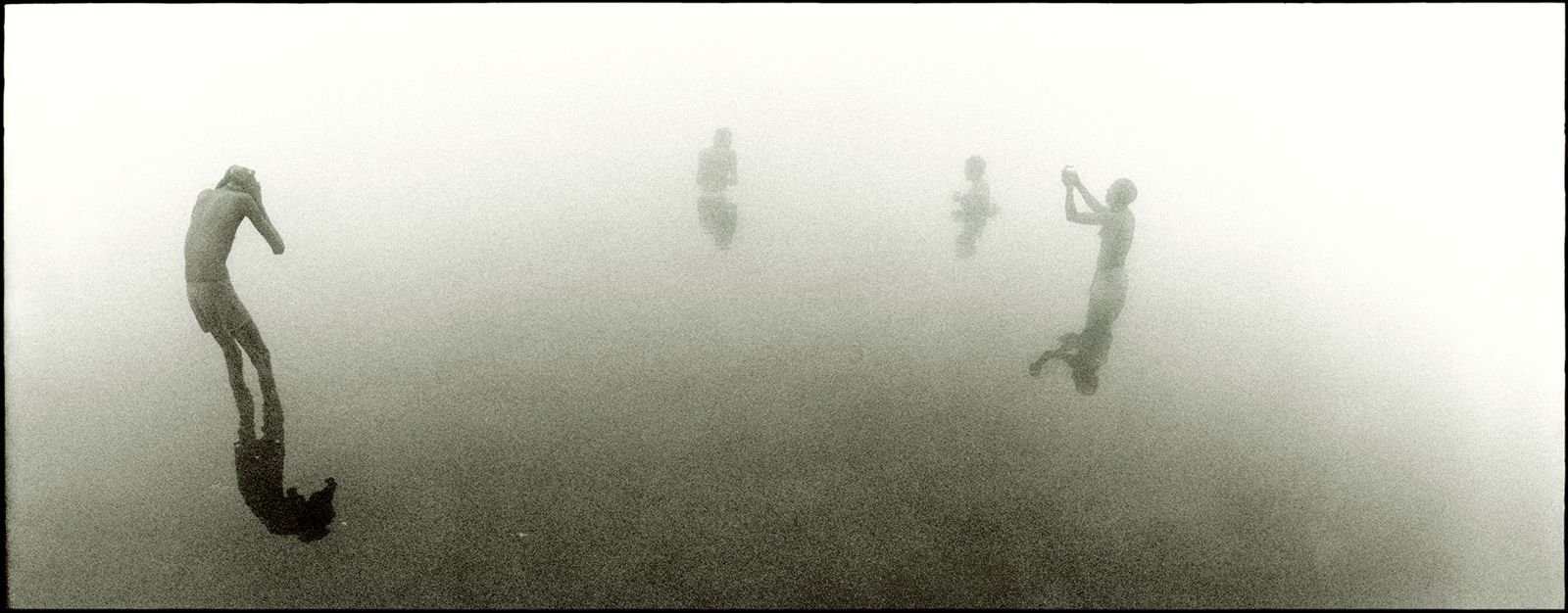
Search for Shiva
There’s a city in northern India where Shiva, King of the Gods, roams the streets in disguise. In Varanasi he can take on any form — man or woman, yogi or leper, mendicant or maharaja. Anyone you meet here, a poetically inclined local will tell you, should be regarded as an avatar, a god gallivanting in human form.
It’s easy to see why Shiva would favor Varanasi’s raucous theater of humanity. As one of the oldest continually-inhabited cities in the world, it has survived the vicissitudes of many empires. In Vedic times it was known as Kashi, the City of Light. In its medieval incarnation, when the poet Kabir sang his incendiary verses here, it was known as Banaras, which the old-timers still call it.
Confined to one bank of the River Ganga, the city faces due east to an open view of the rising sun. Every day, thousands of Hindu devotees bathe in the karma-absolving waters. The modern pollution causes all kinds of havoc, but does nothing to muddy the collective faith.
For many Hindus, Varanasi is the most auspicious place to depart the mortal coil. Pilgrims journey great distances here with the ashes of their relatives. At two of the ghats, Harishchandra and Manikarnika, pyres burn day and night. Mourners carry the deceased here, often with boisterous celebration.
What we’re all after, the philosophers of Varanasi say, is moksha, release from the incessant cycle of birth and death. But they might also concede, especially during a glorious dawn on the ghats, that samsara and nirvana are really the same thing. If heaven and earth are cut from a single cloth, perhaps there’s nothing to escape from after all. There lies the secret of Shiva’s smile.




